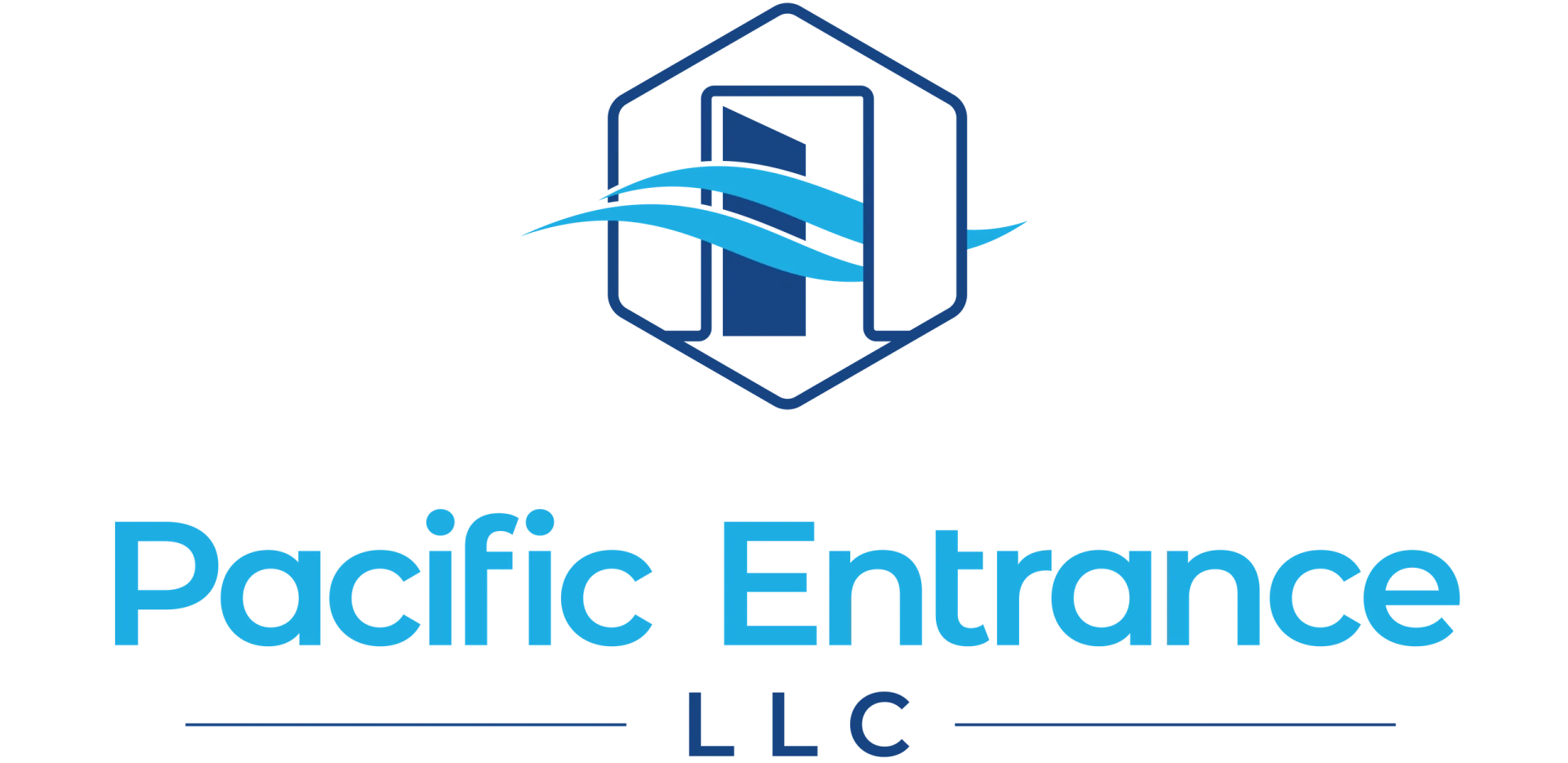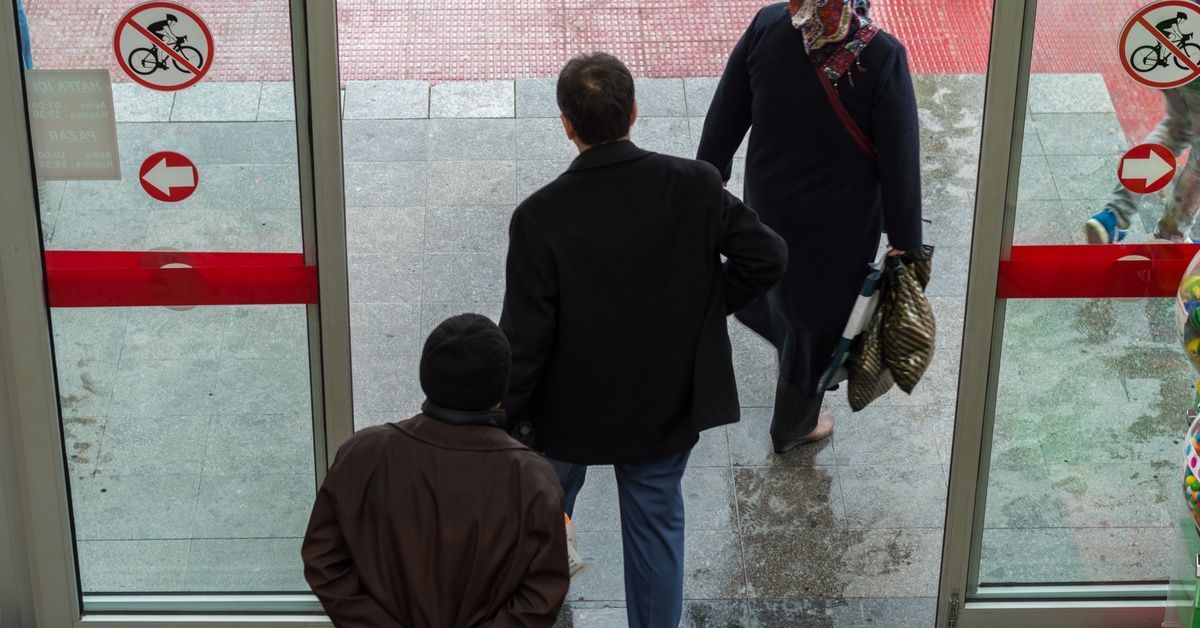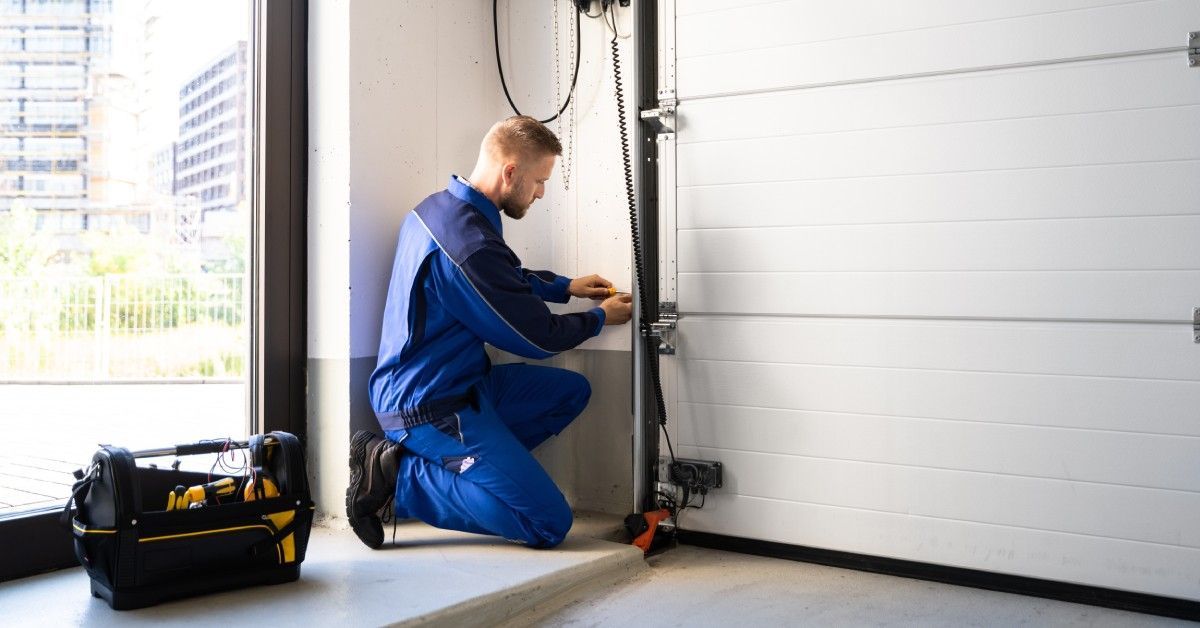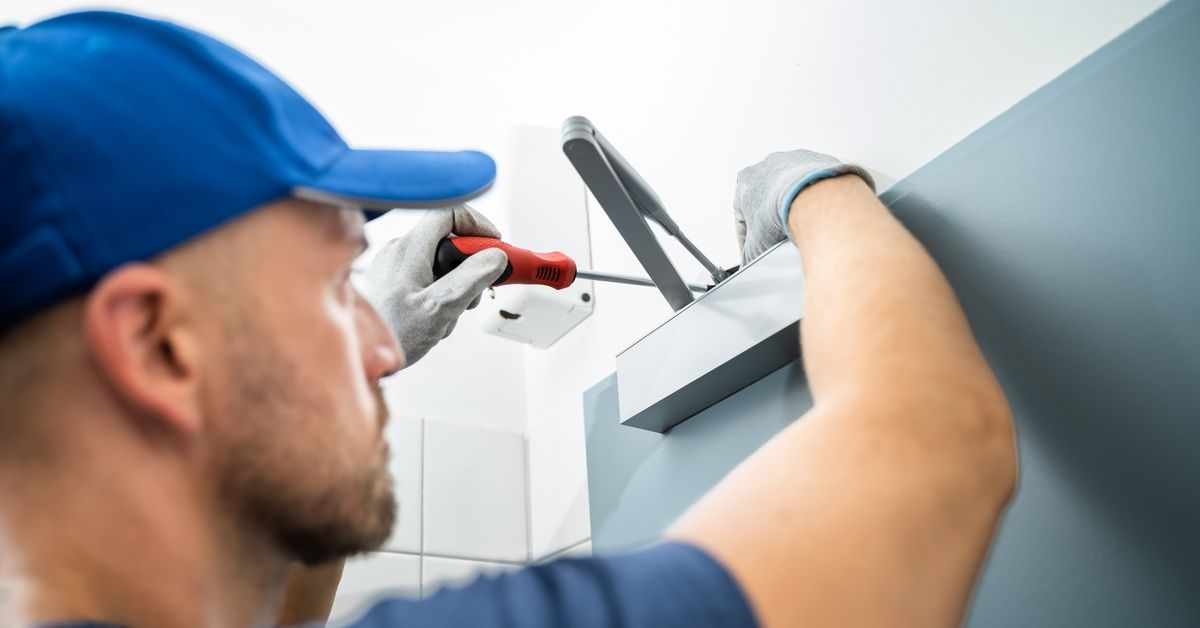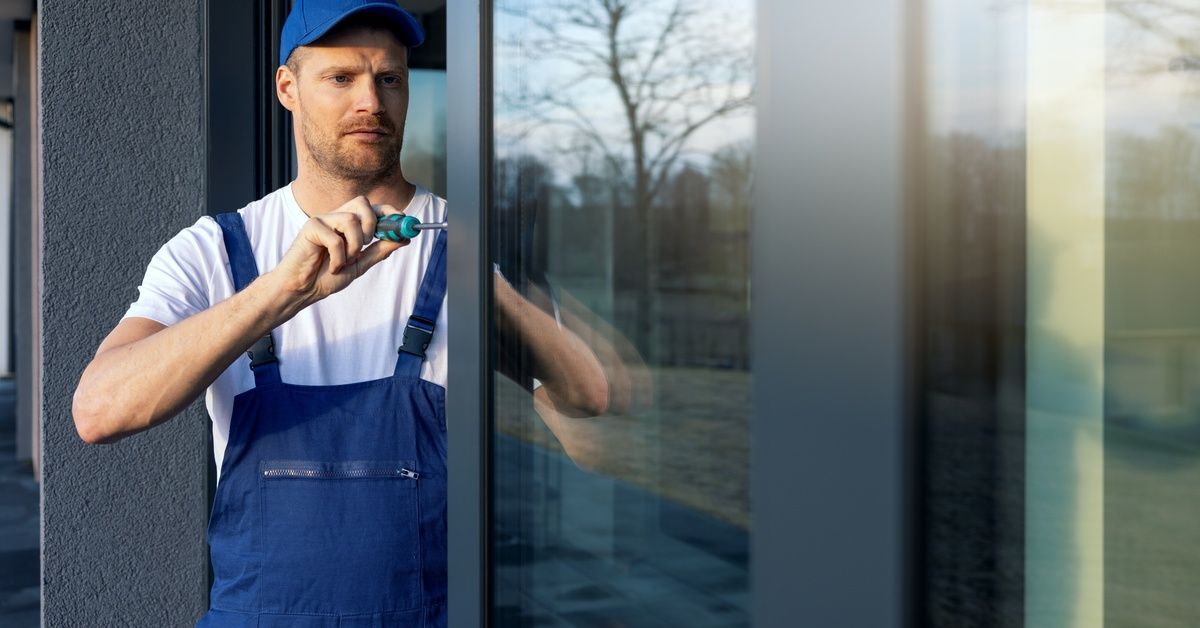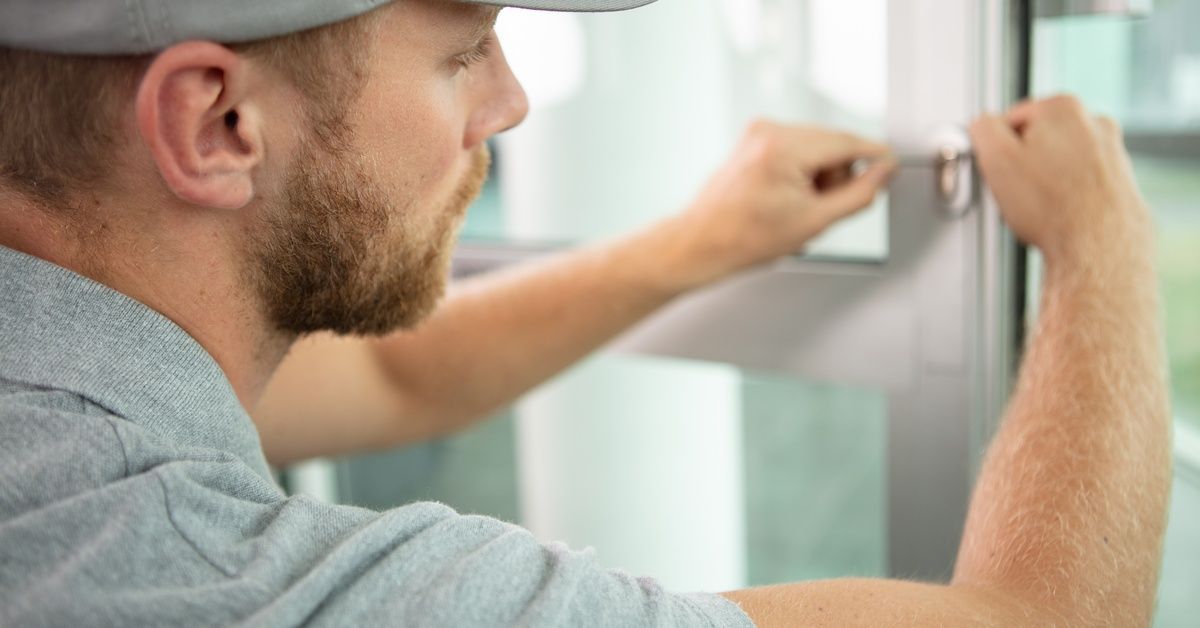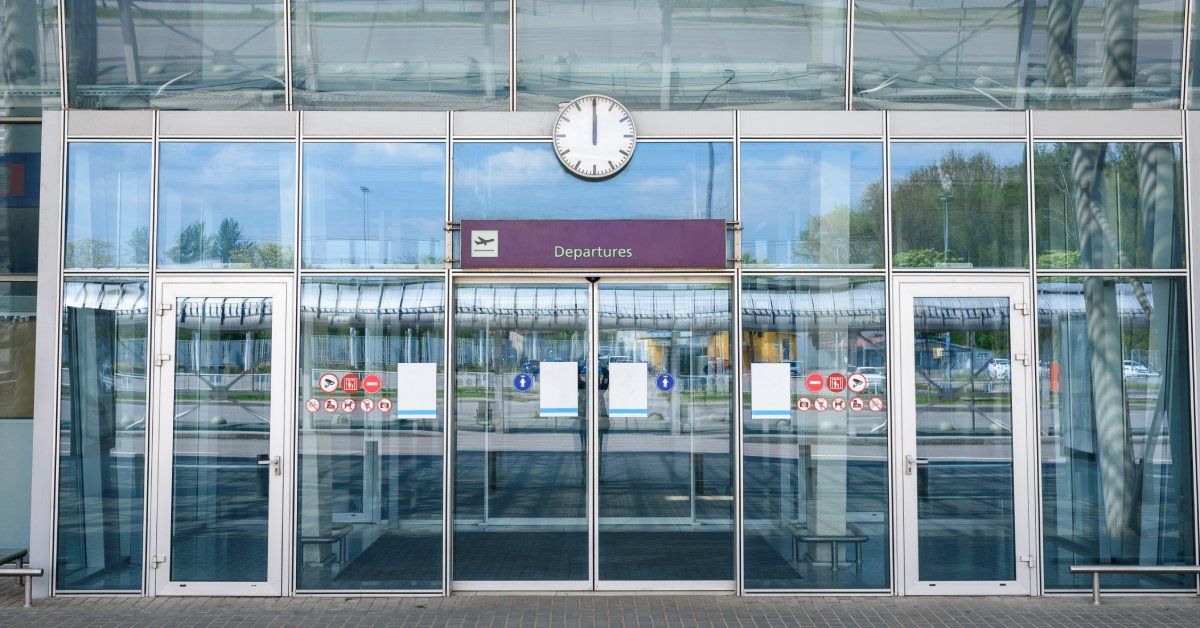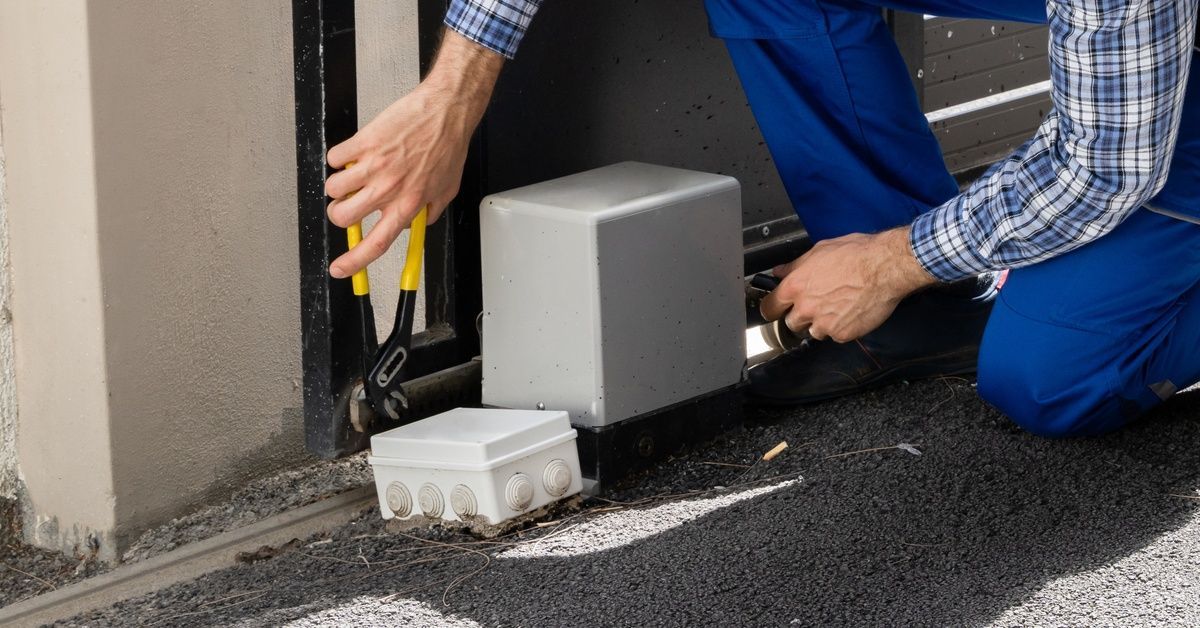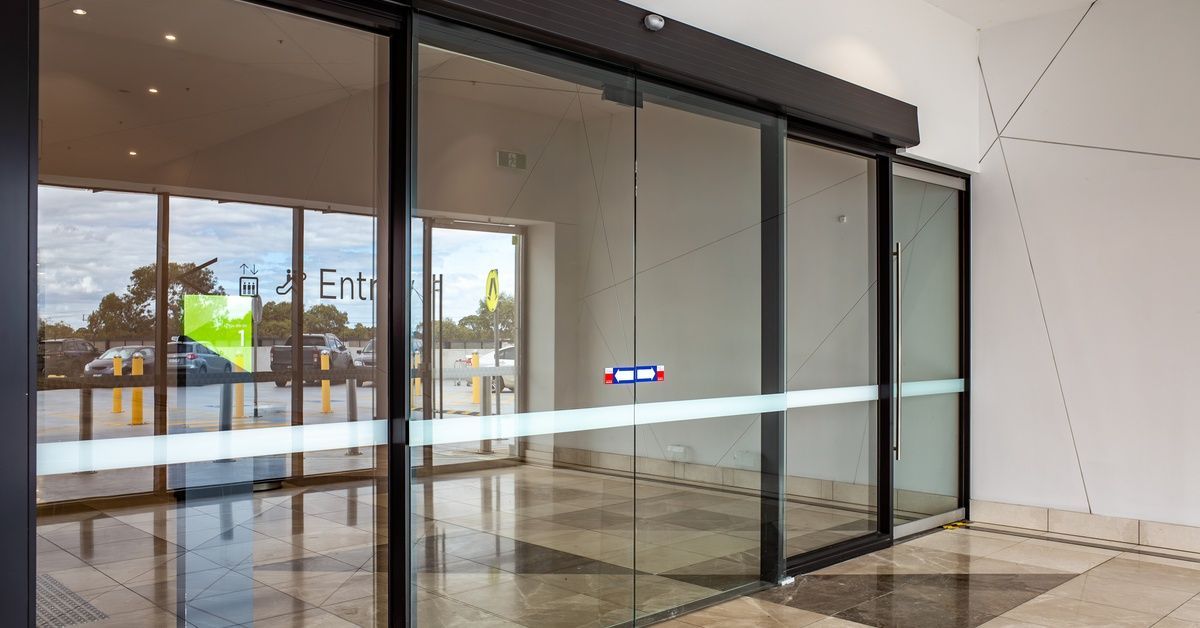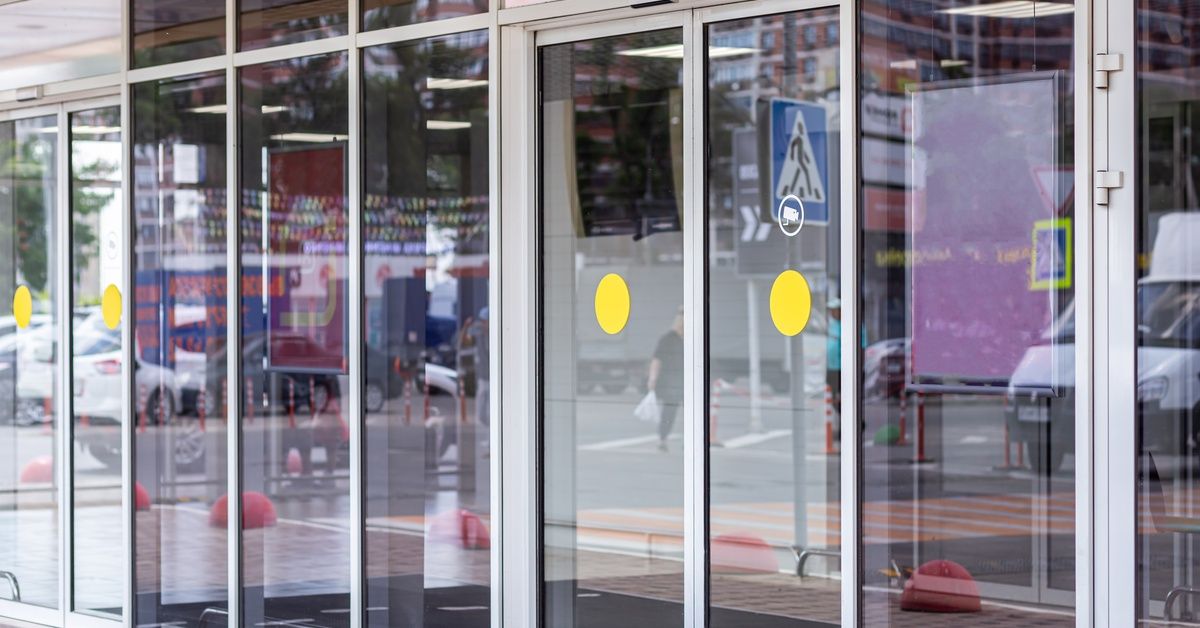How Often Should Automatic Doors Be Serviced?
If you have been to the supermarket or a shopping mall, chances are you have encountered an automatic door. In fact, many commercial businesses with high amounts of traffic benefit from using automatic doors. Automatic doors are convenient, easy to use, efficient, and cost-effective for commercial enterprises.
As a commercial business owner, you must ensure your automatic doors function properly at all times. Part of maintaining that functionality is having these doors serviced. How often should automatic doors be serviced? Most automatic door repair companies will encourage you to have the doors inspected every six months. These routine inspections will allow a professional maintenance crew to observe your doors and determine whether they require immediate attention for any issues.
Can You Service Automatic Doors Yourself?
While a qualified technician should complete any necessary maintenance work, you can and should conduct weekly checks of your automatic doors. Here are the top items to have on your safety checklist:
Door Sensors
You should test your automatic doors to see whether they open and close properly. If your doors struggle to open, customers could have trouble entering your business. If your doors don’t close correctly, customers risk becoming injured when leaving your business.
Signage and Mats
You must have any required safety signage visibly displayed on the doors and ensure that any surrounding mats remain safely secured to the floor.
Door Panels
You should check your door panels for broken or damaged glass, and make sure they do not come close to any store items when opening and closing. You should also ensure your automatic doors clear any floor mats when opening and closing.
Why Is Automatic Door Repair and Maintenance So Important?
A failure to perform weekly safety checks and schedule regular automatic door maintenance could create serious consequences for your business. First, your customers and employees might have difficulty entering and exiting your building, and you will see a decrease in revenue if the problem remains unresolved.
Second, you open yourself up to legal action if an injury occurs due to negligent behavior. For example, if you knew about problems with your automatic doors and did nothing to fix them, an injured person may have legal standing to file a suit against your business.
The best way to avoid consequences is to set a consistent maintenance schedule for your automatic doors. As mentioned above, approximately once every six months is how often automatic doors should be serviced.
How Can Pacific Entrance Help?
At Pacific Entrance, LLC, we provide installation, maintenance, and repair services for automatic and sliding doors. Our competitive pricing and high-quality services make us one of the top companies in the industry.
With an average of over 10 years of experience, our technicians will ensure your company remains open for business with fully functioning automatic doors. Check out our website to learn more about the various services we offer.
